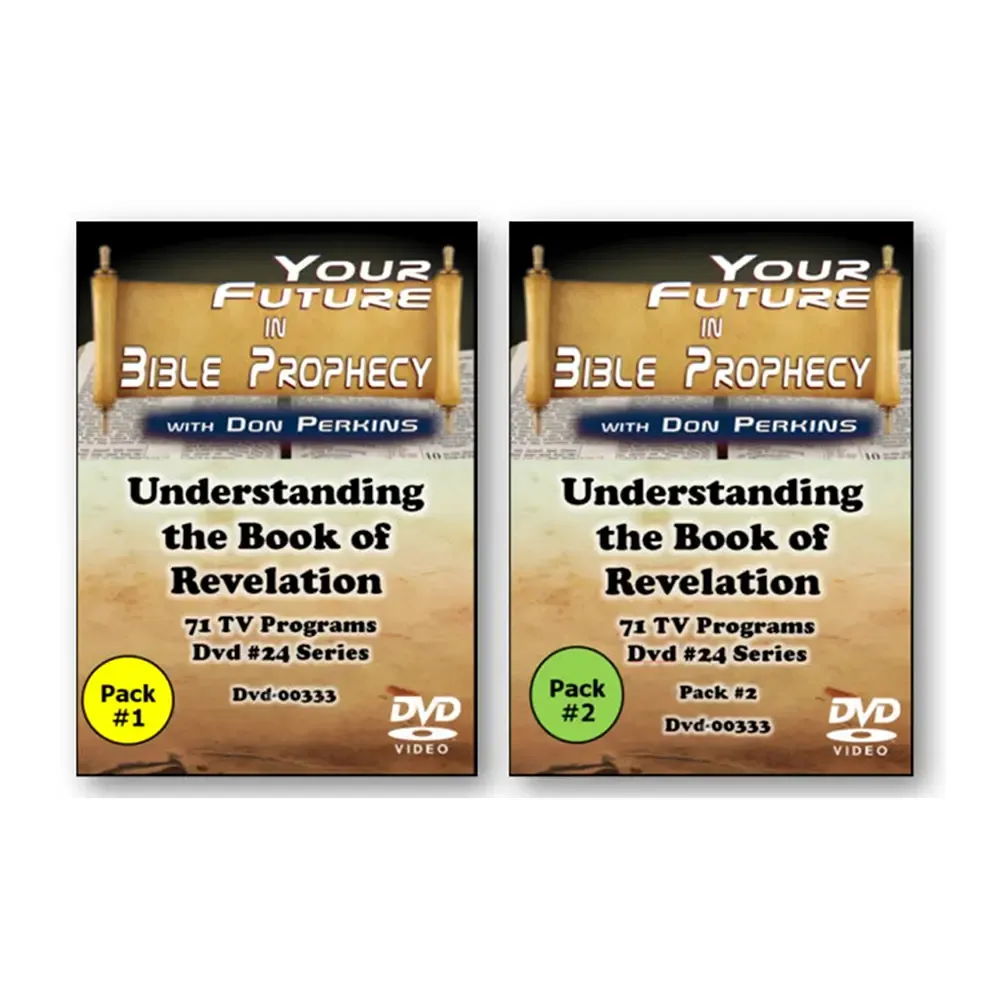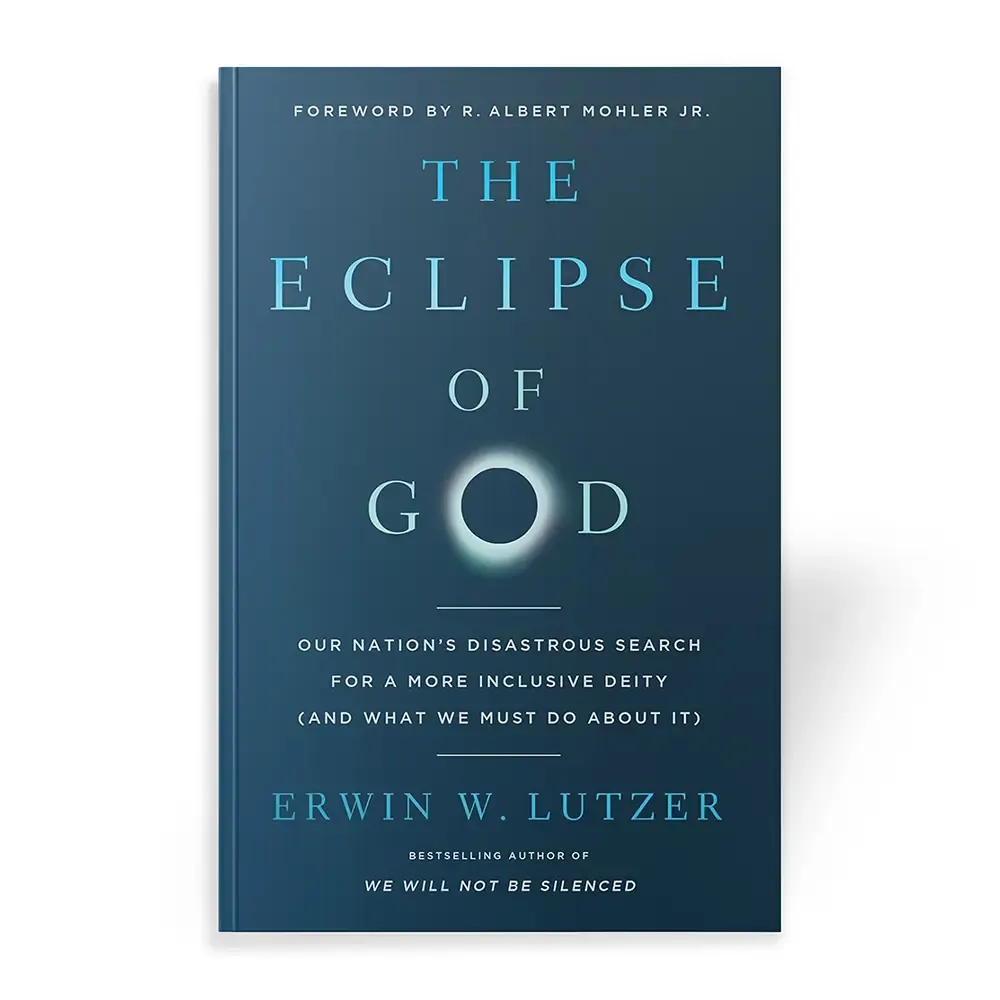Will the Stars & Planets Align Again for His Return?

We are told that when Christ was born, Magi came from the East with tales of a star that appeared in the heavens. A star that they interpreted as a divine sign of the birth of the King of the Jews. This has been the subject of speculation over the centuries.
What was it? Was it a comet? Maybe a conjunction of planets? Perhaps a supernova? Possibly an angel?
Suggestions include a triple conjunction of Jupiter and Saturn in 7 B.C. It appeared in the second century B.C. and was so bright it could be seen in the daytime. In the second century A.D., it had almost faded away.
According to the Star that Started the World, by Earnest L. Martin, Jupiter and Venus were in conjunction on July 17, 2 B.C. – so close that they appeared as one light in the sky. Modern astronomers have dubbed it “The Christmas Star.”
On the night of Rosh Hashanah, Sept. 11, in 3 B.C., Jupiter was in conjunction with Regulus, the brightest star in the constellation Leo. It passed across the star, stopped around the first of December, and began a retrograde movement, crossing Regulus again on Feb. 17, 2 B.C. It continued its backward trek 40 days, then turned around again and had a third conjunction with Regulus on May 8, 2 B.C.
The remarkable thing about this triple conjunction is that the dying Jacob gave a prophecy on his deathbed concerning the coming of the Messiah from the tribe of the celestial lion:
“Judah, thou art he whom thy brethren shall
praise: thy hand shall be in the neck of thine
enemies; thy father’s children shall bow down
before thee.
“Judah is a lionʼs whelp: from the prey, my son,
thou art gone up: he stooped down, he
couched as a lion, and as an old lion; who
shall rouse him up?
“The sceptre shall not depart from Judah, nor a
lawgiver from between his feet, until Shiloh
come; and unto him shall the gathering of the
people be” (Genesis 49: 8-10).
The Hebrew word used for “his feet,” reglaiv is very close to the Latin word Regulus. We get the words regal and regulation from Regulus. The Hebrew word regel, very close to (foot), appears to be similar to the name of the star. We suspect a connection.
Regulus has been known down through the centuries as the “king star.” Jacob said that the scepter [a royal rod held in the hand of the king] shall not depart from Judah … until Shiloh [a reference to the Messiah] comes.”
On the other hand, Jupiter was also known as the royal planet – the king planet. It must have had some special significance to the Magi when Jupiter, the king planet, had the first of three conjunctions with Regulus, the king star, between the feet of Leo. Circling about Regulus, Jupiter seemed to draw a crown – perhaps signifying the arrival of the divine King.
If “signs in the heavens” announced the first advent of Christ, will the planets also declare the second advent of Christ? We are told in Luke 21:11, “And great earthquakes shall be in divers places, and famines, and pestilences; and fearful sights and great signs shall there be from heaven.”
We do not know when Christ will return, but we are to observe the planets over the next decade and see some remarkable things. At the outset of the report, let me clarify that I am in no way advocating setting a date for the rapture or the return of Christ based on astronomical observation. Furthermore, this should not be construed as in any way being related to astrology. I am simply showing the various conjunctions that are coming up and considering what they would have meant to the ancient astronomer in the day of the Bible.
A remarkable conjunction occurred on May 28, 2000, as all five major planets, along with the sun and moon, grouped together, leaving the constellation Aries, and entering Taurus around May 4. Jupiter and Saturn were extremely close as Venus had a conjunction with Jupiter on the morning of May 17 and Saturn a few hours later, on May 18. Jupiter and Saturn, the two largest planets in our Solar System, will meet a few days later on May 27. This is a remarkable series of events to occur in a single month.
According to The Witness of the Stars, by E.W. Bullinger, published in 1893, Taurus begins the story of the second coming of Christ. Bullinger writes, “In this third and last book, we come to the concluding portion of this heavenly revelation. Its subject is redemption completed and consummated in triumph… the glory that should follow … The sign in Chaldee is Tor; Greek, Tauros; Latin, Taurus. The Hebrew name was Shur, which is from a root that means both coming and ruling. It is a prophecy of Christ, the coming Judge, and Ruler, and Lord of all the earth.”
Over seven years, from 2000 to 2007, Saturn traveled through the constellations that tell the story of the wrath of God being poured out upon an unbelieving world. That would be Taurus, the coming Judge; Gemini, which in ancient zodiacs tells the story of the Bridegroom and His bride; Cancer, the symbol of resurrection; and Leo, the lion pouncing on Hydra, a many-headed serpent. These constellations, along with their sidereal sidepieces, tell the story of the second coming of Christ.
Saturn was known in ancient mythologies as the reaper. He carried a sickle. From him have emerged legends of the grim reaper. He is connected with prophetic symbols that deal with the harvest of the wicked. In Revelation 14, we are told about the use of the symbolic sickle:
“And I looked, and behold a white cloud, and upon the cloud one sat like unto the Son of man, having on his head a golden crown, and in his hand a sharp sickle.
“And another angel came out of the temple, crying with a loud voice to him that sat on the cloud, Thrust in thy sickle, and reap: for the time is come for thee to reap; for the harvest of the earth is ripe.
“And he that sat on the cloud thrust in his sickle on the earth; and the earth was reaped. And another angel came out of the temple which is in heaven, he also having a sharp sickle.
“And another angel came out from the altar, which had power over fire; and cried with a loud cry to him that had the sharp sickle, saying, Thrust in thy sharp sickle, and gather the clusters of the vine of the earth; for her grapes are fully ripe.
“And the angel thrust in his sickle into the earth, and gathered the vine of the earth, and cast it into the great winepress of the wrath of God. And the winepress was trodden with- out the city, and blood came out of the winepress, even unto the horse bridles, by the space of a thousand and six hundred furlongs” (Revelation 14:14-20).
Regulus, the king star in Leo, also happens to be in the handle of a sickle in the head of Leo. The point of the sickle protrudes from the lion’s mouth. Could that sickle represent the sword in the mouth of Christ? Revelation 19:15 says, “And out of his mouth goeth a sharp sword, that with it he should smite the nations.”
In the Rotunda ceiling at the Griffith Observatory in Los Angeles, Calif., is a mural of Saturn done in 1934 by Hugo Ballin. It shows Saturn below the sickle in the mouth of Leo. Will Saturn use Leoʼs sickle? Coming up around August 29, 2007, Saturn had a conjunction with Regulus. It was near its conjunction as the calendar approached Rosh Hashanah, the Jewish New Year, on Sept. 12, 2007. Did Saturn’s conjunction with Regulus complete the story, which began on the night of Jupiterʼs conjunction with Regulus in 3 B.C.?
Obviously, we donʼt know the future. But it is at least interesting to see where the planets will be in the coming decades.
Editor’s Note: NASA says there are frequent conjunctions of the Earth, Moon and Sun, but the great conjunctions are relatively rare. The next major conjunctions are expected in 2040 and 2060.
This article first appeared in Prophecy in the News magazine in 1996 and was recently republished.



